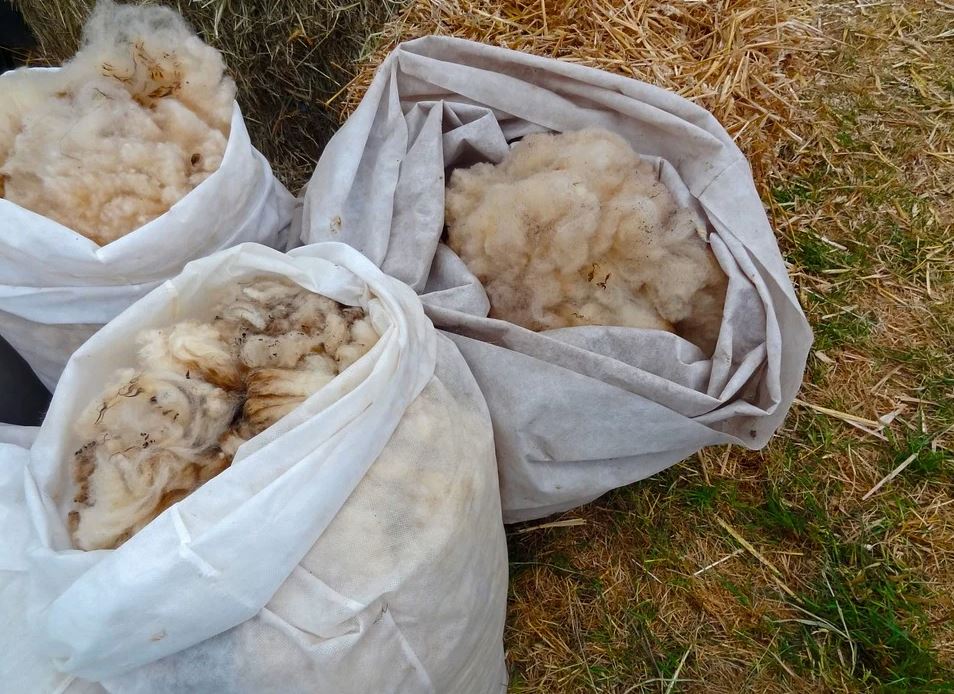There is a “resilient and determined momentum towards growth” within the Irish sheep sector, however this cannot be translated into a sustainable economic model without direct supports.
This is according to Independent TD Michael Collins who was speaking after a meeting of the Joint Committee on Agriculture, Food and the Marine on the development of Ireland’s sheep sector.
Deputy Collins has claimed that the Department of Agriculture, Food and the Marine (DAFM) is selling the Agri Climate Rural Environment Scheme (ACRES) as a “financial” solution to the challenges in the sector.
With farmers’ margins down to €7, the deputy said: “The minister [for Agriculture, Food and the Marine, Charlie McConalogue] must listen to those who have been warning him about this crisis for some time.
“If he does not, then the income crisis currently plaguing the sector will continue to deepen, and he will have no one to blame but himself for such an appalling lack of action.”
Representatives of the Irish Farmers’ Association (IFA) and Sheep Milk Ireland attended the meeting and outlined their demands and views on the development of the Irish sheep sector.
Sheep sector
Agriland understands that Minister McConalogue has asked his officials to work on putting support in place for the sector, in light of financial challenges sheep farmers are facing.
Speaking before the committee, IFA senior policy executive, Thomas Bourke said that while the sector’s export value increased significantly to €476 million in 2022, farmers’ incomes fell by 81%.
Commenting that this decline shows the “inability” of the market to return what is needed for farmers producing food at the standard at which sheepmeat is produced in Ireland, he said:
“It is a low-income, vulnerable sector of a small scale. It does not have the capacity to absorb the volatility of a world market or the influence of world events on market prices.
“The solution to this is to directly support the production on those farms at a meaningful level. The entirety of the €7/ewe return last year came from the Sheep Welfare Scheme, which was a payment of €10 in itself.”
Wool
If Ireland is serious about developing a bioeconomy and utilising the “hugely valuable resource” that is wool, incentives for farmers are needed, the IFA senior policy executive said.
Farmers must not only be rewarded from an animal welfare perspective, but they must also be incentivised to present the wool in a better condition to make the product more utilisable, he said.

Presenting a 3kg fleece rolled and packed on a farm costs approximately €8, which results in total costs of over €21 million annually, according to IFA sheep chair, Kevin Comiskey.
“The current costs associated with shearing and the little, if any, return to farmers for their wool does not provide any incentive for farmers to take the additional time in packing and presenting wool.
“Shearing costs must be directly supported to incentivise farmers carrying out this vital health and welfare measure, and to ensure wool is presented in optimum condition for future added-value use,” he said.
Dog control
Speaking on the issue of dog control, the IFA sheep chair said that government inaction on the matter is very frustrating for sheep farmers.
Having recently met with the working group on dog control, Comiskey stressed that the enforcement of measures – including through dog wardens – to limit dog attacks is key.
The IFA’s demands include higher on-the-spot fines, and the legal requirement for dogs to be microchipped, licensed and identified on the National Veterinary Prescribing System (NVPS).
A report on dog control by the recently established working group is expected to be published in the near future, the Department of Rural and Community Development (DRCD) has said.
